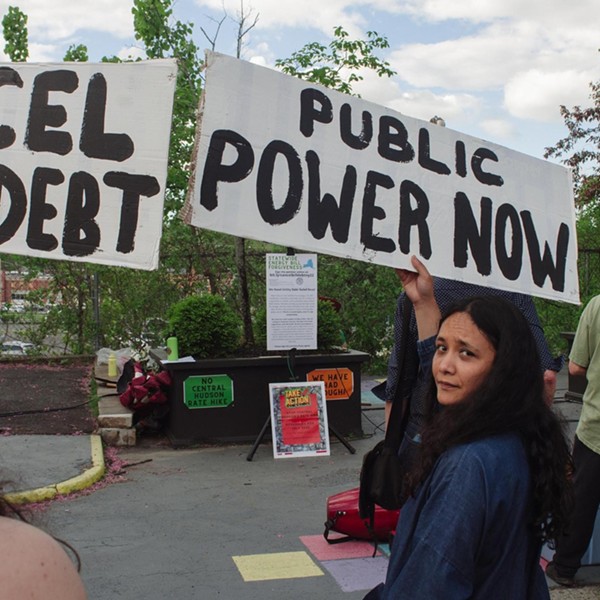Reasonable people can disagree whether governments should try to pick energy winners and losers. But why not at least agree that governments shouldn’t pick losers to be winners? Unfortunately, that’s exactly what is happening. The world is rushing to promote alternative fuel sources that will actually accelerate global warming, not to mention an alternative power source that could cripple efforts to stop global warming.
We can still choose a truly alternative path. But we’d better hurry.
2. “Renewable Fuels Are the Cure for Our Addiction to Oil.”
Unfortunately not. “Renewable fuels” sound great in theory, and agricultural lobbyists have persuaded European countries and the United States to enact remarkably ambitious biofuels mandates to promote farm-grown alternatives to gasoline. But so far in the real world, the cures—mostly ethanol derived from corn in the United States or biodiesel derived from palm oil, soybeans, and rapeseed in Europe—have been significantly worse than the disease.
Researchers used to agree that farm-grown fuels would cut emissions because they all made a shockingly basic error. They gave fuel crops credit for soaking up carbon while growing, but it never occurred to them that fuel crops might displace vegetation that soaked up even more carbon. It was as if they assumed that biofuels would only be grown in parking lots. Needless to say, that hasn’t been the case; Indonesia, for example, destroyed so many of its lush forests and peat lands to grow palm oil for the European biodiesel market that it ranks third rather than 21st among the world’s top carbon emitters.
In 2007, researchers finally began accounting for deforestation and other land-use changes created by biofuels. One study found that it would take more than 400 years of biodiesel use to “pay back” the carbon emitted by directly clearing peat for palm oil. Indirect damage can be equally devastating because on a hungry planet, food crops that get diverted to fuel usually end up getting replaced somewhere. For example, ethanol profits are prompting U.S. soybean farmers to switch to corn, so Brazilian soybean farmers are expanding into cattle pastures to pick up the slack and Brazilian ranchers are invading the Amazon rain forest, which is why another study pegged corn ethanol’s payback period at 167 years. It’s simple economics: The mandates increase demand for grain, which boosts prices, which makes it lucrative to ravage the wilderness.
Deforestation accounts for 20 percent of global emissions, so unless the world can eliminate emissions from all other sources—cars, coal, factories, cows—it needs to back off forests. That means limiting agriculture’s footprint, a daunting task as the world’s population grows—and an impossible task if vast expanses of cropland are converted to grow middling amounts of fuel. Even if the United States switched its entire grain crop to ethanol, it would only replace one fifth of US gasoline consumption.
This is not just a climate disaster. The grain it takes to fill an SUV tank with ethanol could feed a hungry person for a year; biofuel mandates are exerting constant upward pressure on global food prices and have contributed to food riots in dozens of poorer countries. Still, the United States has quintupled its ethanol production in a decade and plans to quintuple its biofuel production again in the next decade. This will mean more money for well-subsidized grain farmers, but also more malnutrition, more deforestation, and more emissions. European leaders have paid a bit more attention to the alarming critiques of biofuels—including one by a British agency that was originally established to promote biofuels—but they have shown no more inclination to throw cold water on this $100 billion global industry.
3. “If Today’s Biofuels Aren’t the Answer, Tomorrow’s Biofuels Will Be.”
Doubtful. The latest US rules, while continuing lavish support for corn ethanol, include enormous new mandates to jump-start “second-generation” biofuels such as cellulosic ethanol derived from switchgrass. In theory, they would be less destructive than corn ethanol, which relies on tractors, petroleum-based fertilizers, and distilleries that emit way too much carbon. Even first-generation ethanol derived from sugar cane—which already provides half of Brazil’s transportation fuel—is considerably greener than corn ethanol. But recent studies suggest that any biofuels requiring good agricultural land would still be worse than gasoline for global warming. Less of a disaster than corn, ethanol is still a disaster.
















